Criticism is dangerous, because it wounds a person's precious pride, hurt his sense of importance and arouse resentment
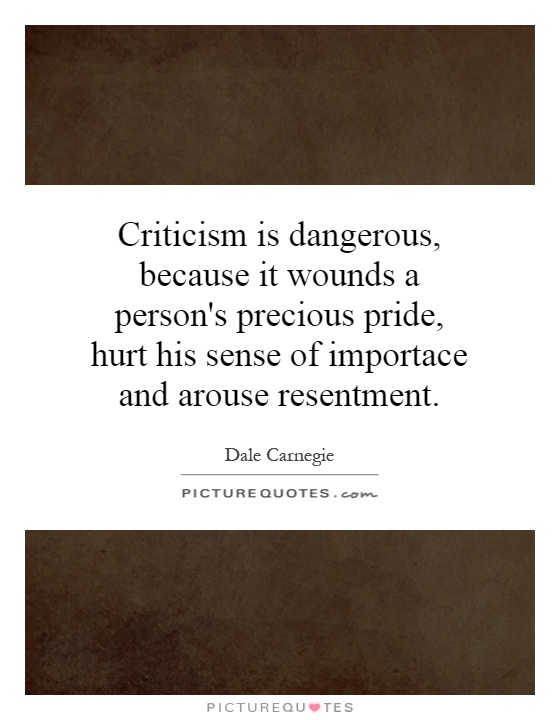
Criticism is dangerous, because it wounds a person's precious pride, hurt his sense of importance and arouse resentment
Dale Carnegie, the renowned author of the self-help classic "How to Win Friends and Influence People," understood the power of criticism and its potential to harm relationships and damage one's self-esteem. In his teachings, Carnegie emphasized the importance of building positive relationships and fostering a sense of mutual respect and understanding. He believed that criticism, if not delivered constructively and with empathy, could have detrimental effects on both the giver and the receiver.Carnegie recognized that criticism has the potential to wound a person's precious pride and hurt their sense of importance. When someone is criticized, especially in a harsh or demeaning manner, it can be a blow to their self-esteem and confidence. This can lead to feelings of inadequacy, shame, and worthlessness, which can have a lasting impact on their mental and emotional well-being. Carnegie understood that people have a fundamental need to feel valued and respected, and that criticism can undermine this need, causing deep emotional pain and distress.
Furthermore, Carnegie understood that criticism has the power to arouse resentment and create conflict in relationships. When someone feels attacked or belittled by criticism, they are likely to become defensive and hostile in response. This can lead to a breakdown in communication, trust, and mutual respect, ultimately damaging the relationship and hindering effective collaboration and cooperation. Carnegie believed that in order to build strong and positive relationships, it is essential to approach criticism with tact, empathy, and a genuine desire to help the other person grow and improve.

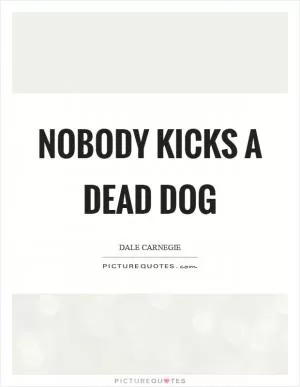
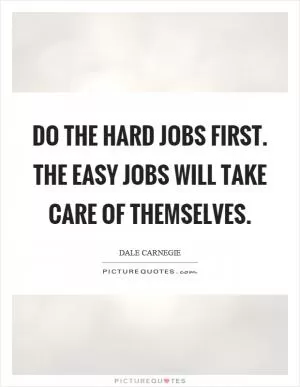

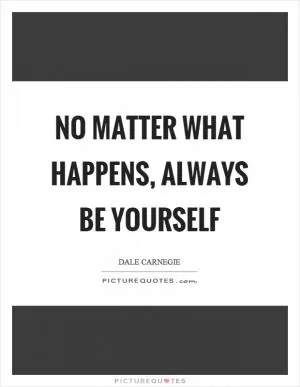
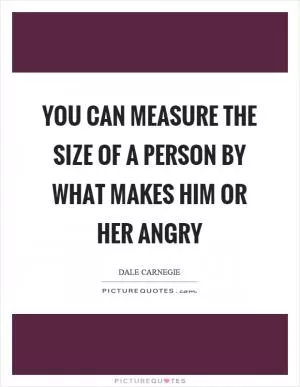
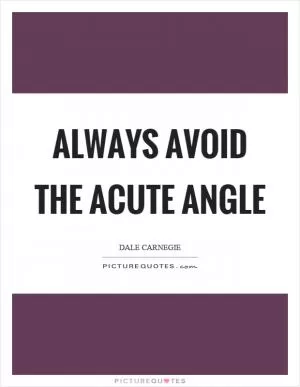




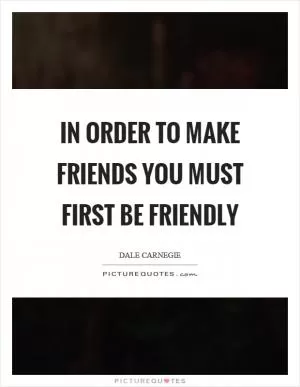
 Friendship Quotes
Friendship Quotes Love Quotes
Love Quotes Life Quotes
Life Quotes Funny Quotes
Funny Quotes Motivational Quotes
Motivational Quotes Inspirational Quotes
Inspirational Quotes